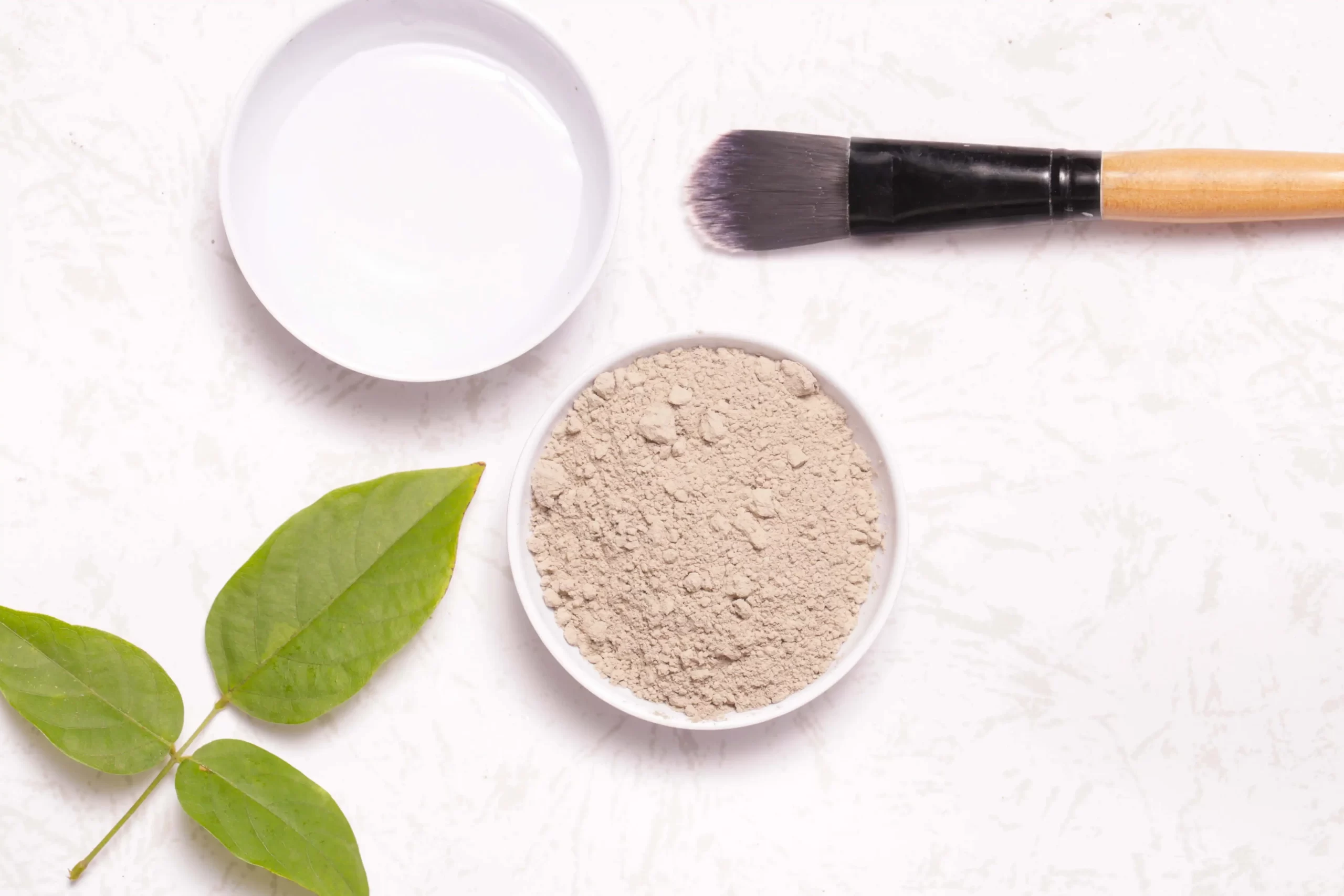

In the world of pharmaceuticals, natural remedies have gained significant attention due to their effectiveness and minimal side effects. One such natural substance that has found its way into the pharmaceutical industry is bentonite. Derived from volcanic ash, bentonite is a versatile healing clay with numerous applications, particularly in the pharmaceutical sector. In this article, we’ll delve into the various uses of bentonite in pharmaceuticals, exploring its unique properties and how it benefits both manufacturers and patients.
Bentonite is a natural clay mineral primarily composed of montmorillonite, which gives it its exceptional properties. It is formed from the weathering of volcanic ash over thousands of years. Bentonite clay is known for its remarkable ability to absorb water, expand, and create a gel-like substance when hydrated.
There are several types of bentonite, with the two most common varieties being sodium bentonite and calcium bentonite. Each type has its distinct characteristics and applications within the pharmaceutical industry.

Bentonite is widely used as an excipient in pharmaceutical drug formulations. Its ability to act as a binder and disintegrant makes it essential in tablet and capsule production. By improving the tablet’s structural integrity and aiding in its disintegration upon ingestion, bentonite ensures the effective delivery of medications.
In dermatology and skin care, bentonite is employed in the development of topical medications. Its soothing properties and high adsorption capacity make it an ideal component for creams, ointments, and masks. Bentonite helps in the treatment of various skin conditions, including acne and eczema.
Bentonite has gained recognition for its potential in promoting gastrointestinal health. When ingested, it can bind to toxins and harmful substances in the digestive tract, preventing their absorption into the bloodstream. This detoxifying effect makes bentonite an essential ingredient in certain antacid and anti-diarrheal medications.
The antimicrobial properties of bentonite clay make it suitable for wound dressings. It can help in preventing infections and accelerating the wound healing process. Bentonite-based bandages are particularly beneficial for post-surgical care and managing chronic wounds.
Bentonite is also used in oral care products such as toothpaste and mouthwash. Its natural abrasive nature assists in cleaning teeth and gums, while its binding properties help in maintaining the consistency of oral care formulations.
To ensure the safety and efficacy of pharmaceutical products, it’s crucial to use pharmaceutical-grade bentonite. These grades are rigorously tested and meet the highest standards of purity and quality. This ensures that medications containing bentonite deliver the desired therapeutic effects without impurities.

In conclusion, bentonite is a remarkable natural clay mineral that has found diverse applications in the pharmaceutical industry. From drug formulation to wound healing and oral care, its unique properties make it a valuable ingredient. As pharmaceutical research continues to explore the potential of natural remedies, bentonite is likely to play an even more significant role in improving healthcare outcomes.